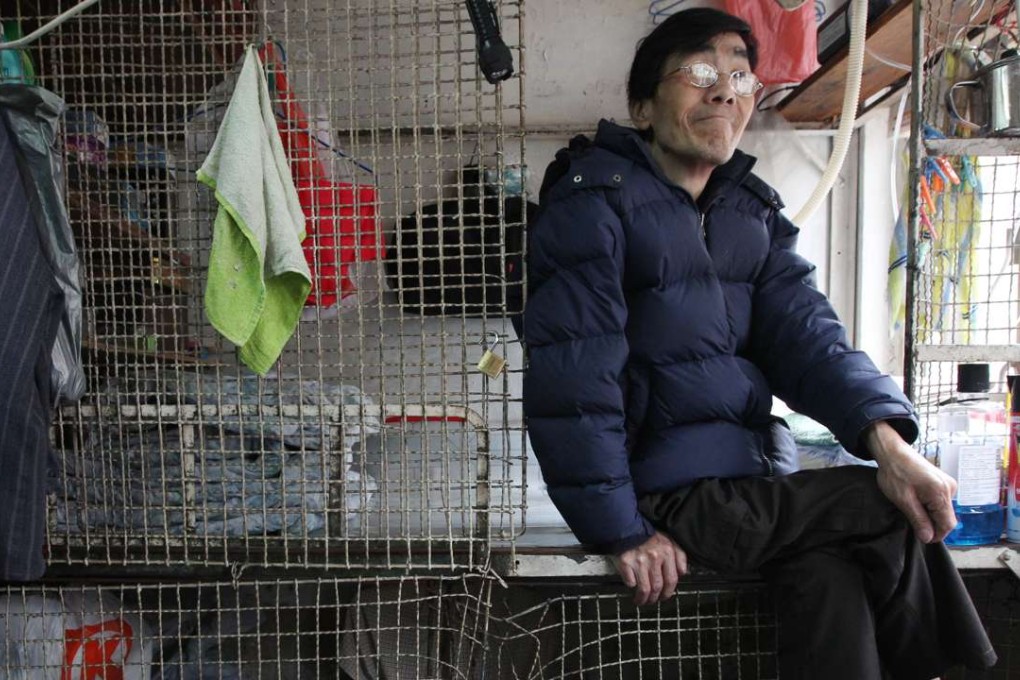Hongkongers’ post-1997 identity crisis at the heart of youthful mistrust of government
Phil C.W. Chan says it’s possible to be both a ‘localist’, who cares deeply about the city’s social and economic problems, and accept that Hong Kong is part of China

The controversy over the exclusion of “localist” activists from the Legislative Council election brings to the fore the meaning of post-1997 Hong Kong identity, and Hong Kong’s place in China and the world.
The question over the genuineness of a candidate’s allegiance to the Basic Law is entirely misplaced. As the late psychologist Erik Erikson pointed out, struggles in self-identification are a developmental hallmark of adolescence. It might not be coincidental that it is primarily young people who feel left out by post-1997 political and economic developments, and who are the most vocal in demanding greater autonomy, if not independence.
We need to bear in mind that one can, and often does, have multiple identities
I do not condescend to the many young people who have taken to the streets for a better Hong Kong. We need young people’s spirit, energy and ideas.
But we need to bear in mind that one can, and often does, have multiple identities. One can hold a Hong Kong-based, or “localist”, identity while simultaneously embracing an identity in which one accepts that Hong Kong is part of a greater China and an evolving world. This is not political subterfuge, betrayal, surrender or resignation. It is what gives a Hong Kong identity its unique qualities.

One of [former West German chancellor Willy Brandt’s] dictums was, “Now grows together what belongs together”
At the same time, the electoral exclusion of “localist” activists serves to fan the flames from all sides. It perpetuates distrust of government officials as puppets of Beijing, generates louder calls for independence and instigates greater assertions by Beijing of control over the city. The real “localist” concerns are sidelined.